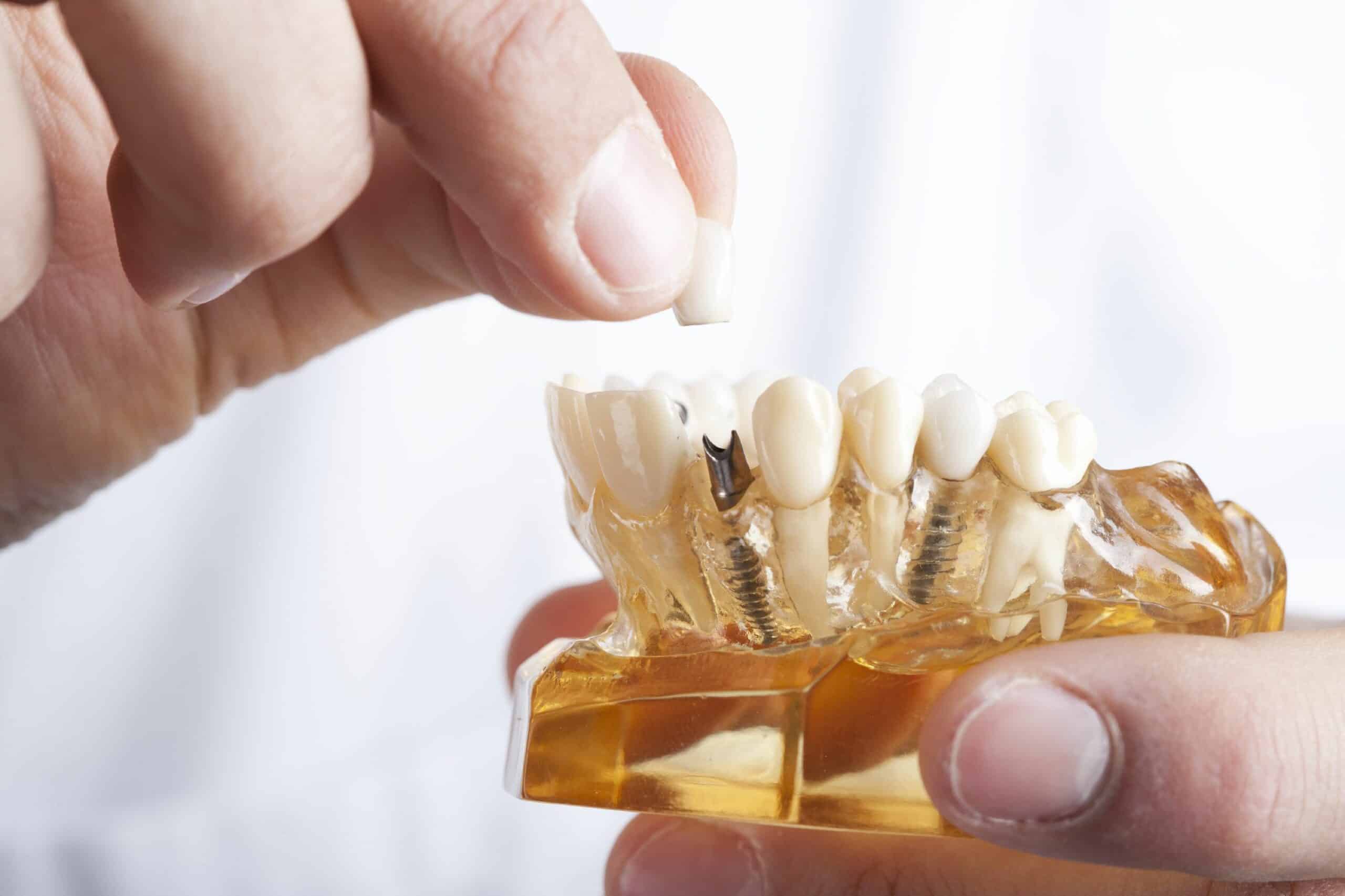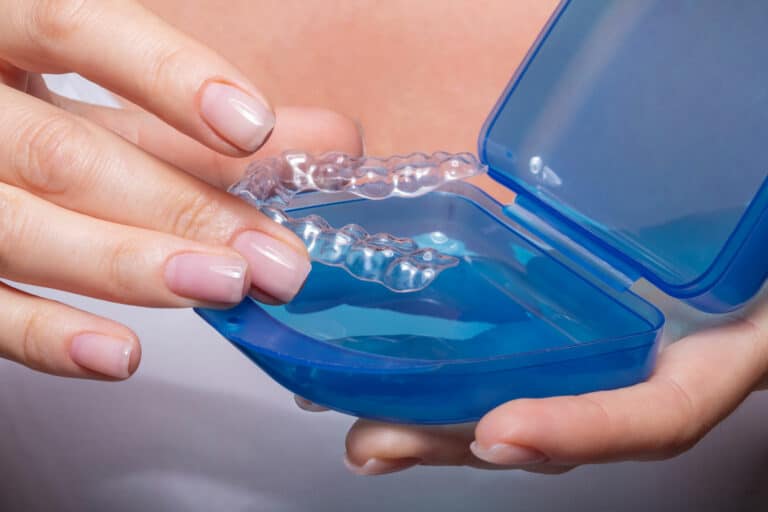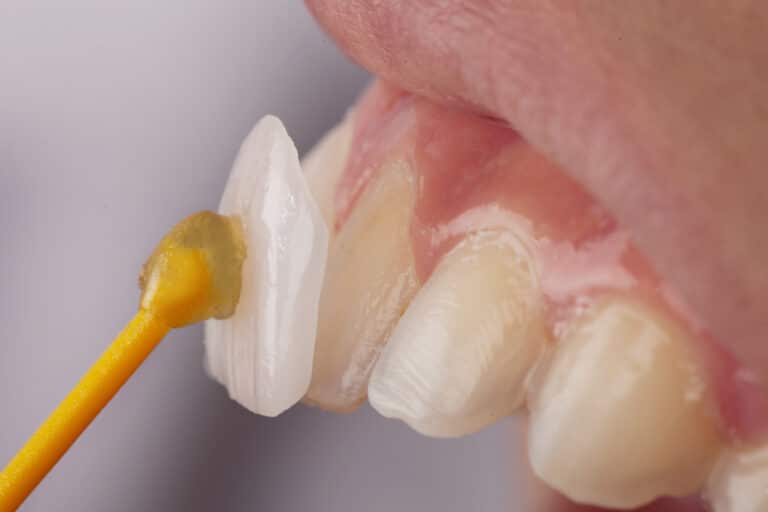Dental implants are an excellent solution for many people who have lost their teeth and want to restore their smiles. But are dental implants safe for diabetics? In this article, you’ll find out that dental implants are generally safe for diabetics with controlled symptoms and what you can do to improve your chances of a successful operation.
Our dentist, Clifford Degel, is among the best in implant dentists in NYC, serving Queen, NY, Long Island, and nearby areas. Our team will be happy to talk to you in-depth about implant dentistry and other therapeutic approaches.
What Are Dental Implants?
Dental implants are artificial tooth roots permanently attached to the jawbone through surgery. After a few months of healing, the implant will have merged with the bone and be able to support teeth like natural tooth roots.
Once implanted, a dental crown, bridge, partial denture, or full denture can be securely fastened to the jaw. These implants outperform other alternatives, like denture adhesives, because of their superior stability and strength.
The Health Effects That Diabetes Poses
Diabetes is a metabolic disease that makes it hard for the body to break down glucose. The pancreas produces the insulin hormone, which controls glucose levels. Low insulin levels can make diabetes worse and cause problems with your eyesight, kidneys, and nerves.
Gum disease and tooth loss are more common in diabetics. Although replacing lost teeth with dental implants may seem like an excellent option, there are a few risks to consider
Greater Risk of Infection
People with diabetes are more prone to infections. Hence, gum disease is more likely to affect diabetics and some may get infections after surgery. In order to place dental implants, patients must undergo a minimum of one oral surgery.
Possibility of Implant Failure
When dental implants are performed on a person with diabetes, the patient risks infection as well as implant failure. The implants may fail to integrate with the oral tissues afterward if the wound doesn’t heal. If dentists fear the risk of such a situation, they might recommend against dental implants.
Should I Consider Another Procedure?
Even though diabetes makes it more challenging to qualify for dental implants, if patients with type 1 or type 2 diabetes can control their blood sugar levels, they can still get dental implants.
At Astoria Dental Group, we discuss all possible ways to replace your missing teeth during a consultation. We will also discuss ways to get the most out of implant dentistry.
How to Achieve Successful Results
You can improve your chances of a successful implant procedure by taking the following measures:
- Control Your Diabetes: If you work together with your doctor to bring your diabetes under control, you are more likely to have a successful recovery and long-lasting results.
- Keep Your Teeth and Gums Healthy: Remember to brush your teeth daily and use dental floss to maintain healthy teeth and a beautiful smile.
- Treat Periodontal Disease: If you suffer from periodontal disease, you must treat it before getting dental implants. Preventing further tissue loss from this gum infection is crucial.
- See a Dentist and Hygienist Regularly: With regular dental examinations, dentists and hygienists will examine your mouth for signs of disease or decay. This can help you find out your chances of getting dental implants.
Consult With Your Dentist About Available Treatment Options
Setting up a consultation is the best way to find out your options for dealing with tooth loss. Find out if dental implants suit you by scheduling a consultation with Dr. Degel. Contact us online or call via the mobile number (718) 215-0510.




